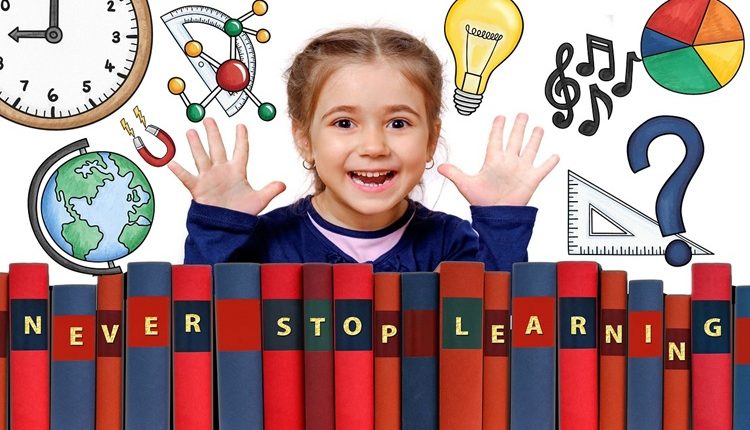Atal Tinkering Labs, Innovation cell, Robotics, space clubs – schools are promoting STEM (Science, Technology, Engineering, and Mathematics) education like never before. AI has become the latest buzzword; and the rise of startup culture has brought skill-based learning and entrepreneurship into school curricula. While these initiatives aim to equip students for future, their implementation raises concerns about whether they truly nurture innovation or merely add to the list of academic subjects.
AI, Entrepreneurship: Another Addition to the Curriculum?
A social media post recently saw a lot of traction where the writer recounted an interaction with a Grade 10 student who expressed frustration over the way AI was being taught in their curriculum. The student complained that although the textbook included a chapter on AI, it failed to make sense to them. “It’s so boring to memorise all those definitions,” the student remarked, highlighting a disconnect between theoretical learning and practical understanding.
Is this really the case?
STEM: Beyond Just Another Subject
The essence of STEM lies in hands-on learning, experimentation, and problem-solving. However, many schools treat STEM as just another subject, reducing it to pre-packaged kits that encourage rote assembly rather than fostering creativity and independent thinking. Instead of enabling students to design their own solutions, these approaches often limit them to predefined models. This not only defeats the purpose of STEM but also stifles curiosity and exploration.
“True STEM education should focus on developing a mindset where students are comfortable with failure, eager to experiment, and ready to adapt to the fast-changing technological landscape. Schools must integrate STEM into everyday learning in a way that nurtures curiosity and innovation, rather than making it another exam-driven exercise,” said Dr Sonali Dasgupta, Founder, STEMonsters Education. She collaborates with schools to implement and integrate hands-on STEM curricula, with a mission to foster curiosity and creativity in students.
Dr Dasgupta offers an interesting observation, “While AI is incredibly useful, many people aren’t eager to learn about it because they see AI as a tool that helps. But imagine a scenario 20 years from now, when everyone knows how to use AI, but no one knows how to improve it. No one will understand how to code AI or debug it because everyone will be relying on AI itself.”
The Startup Push: Is Entrepreneurship Being Forced?
Alongside STEM, the introduction of startup-related subjects in school curricula has sparked debates about whether entrepreneurship is being pushed too early. Under NEP 2020, skill-based education has expanded to include fields beyond technology and STEM, such as beauty, agriculture, and communication. While this diversification is welcome, its execution raises questions. “The introduction of these subjects and courses comes with good intent, offering students a deeper understanding that can ultimately guide their career choices. However, the real challenge lies in their implementation,” said Yogita Bhalla, co-founder, Avishkaar. She works with students to help them learn next gen tech skills like robotics, AI, IoT, electronics, app development and coding.
Although effectively teaching these subjects remains a major challenge for policymakers and educators, experts argue that it’s still too early to make a judgment, as the process is evolving and holds promise. As Bhalla puts it, “Children are innovating, coming up with fascinating observations, ideas, and projects. What I want to emphasise is that the seeds being sown are promising.”
Striking the Right Balance
STEM and startup education should not be about ticking boxes or adding more subjects to a student’s workload. Instead, they should serve as platforms for exploration, critical thinking, and real-world problem-solving. Schools must shift from purely theoretical instruction to hands-on, experiential learning that not only excites students but also equips them with essential future skills. A great example was shared by PM Modi during Pariksha Pe Charcha this year, where he spoke about a child who was about to be expelled from school for not paying attention. When asked why, the school cited the child’s lack of focus. However, after the school introduced a tinkering lab, the same child spent most of his time there. Eventually, the school team won first place in a robotics competition, thanks to that very student, who had built the robot!
Conclusion
Policymakers, schools, educators, and industry leaders must collaborate to ensure these promising initiatives fulfil their intended purpose — empowering students to think, create, and innovate, rather than simply preparing them for another exam.
READ ALSO: The Changing Face of Startup Culture in India
Do you feel strongly about something? Have a story to share? Write to us at info@thepeepertimes.comor connect with us on Facebook or LinkedIn or Twitter




Comments are closed, but trackbacks and pingbacks are open.